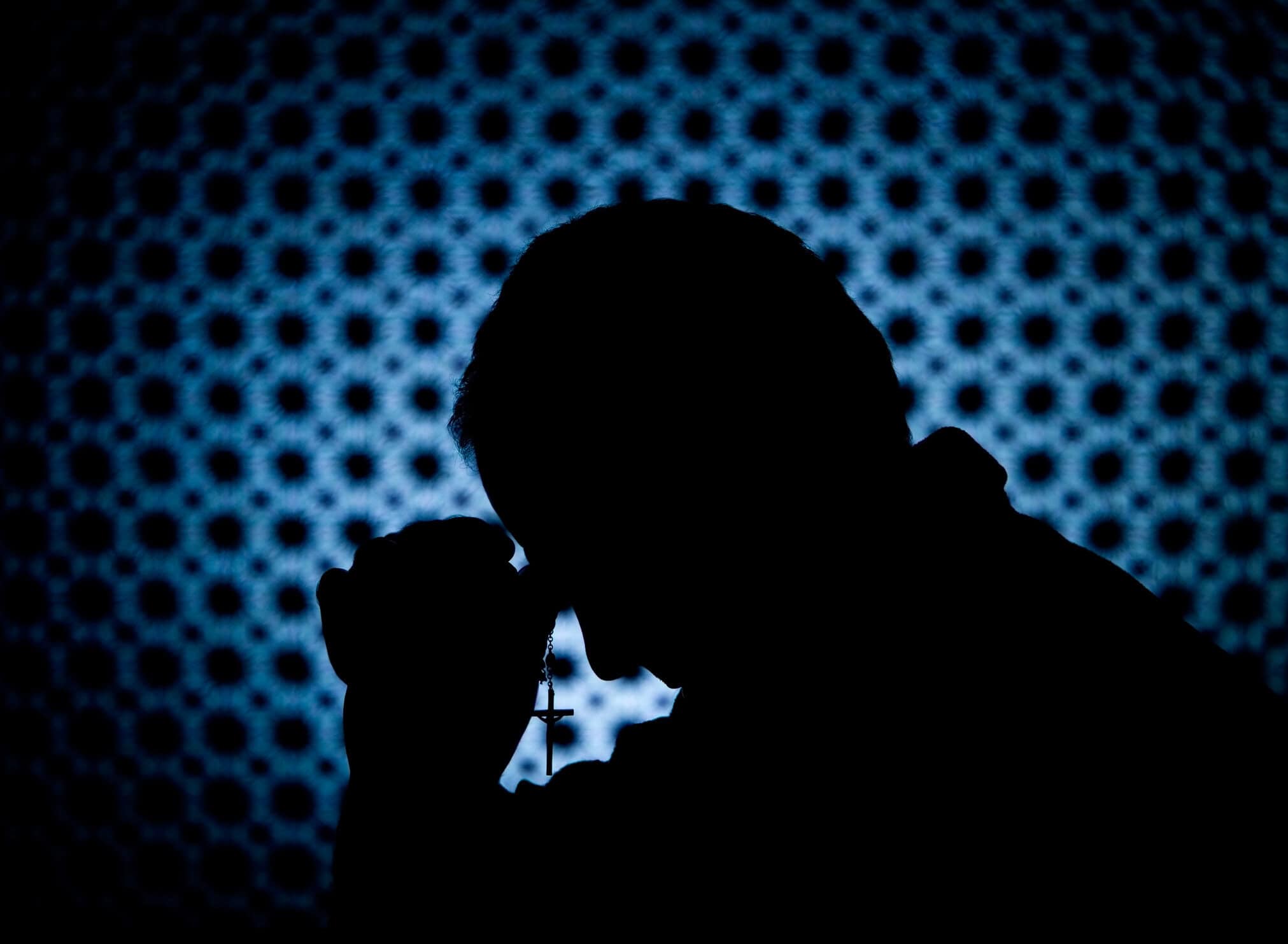Question: Is using pornography a mortal sin, according to the Catholic Church?
Answer: Pornography is objectively a grave sin, but due to its addictive nature and other factors, it likely does not constitute a mortal sin in every case.
First, I will explain what a mortal sin is. Then, I will analyze how the conditions that make a sin mortal apply to pornography. Finally, I want to share a word of encouragement to those of our readers who are struggling with a habit or addiction to pornography.
Types of Sin in the Catholic Church
When it comes to sin, the Catholic Church distinguishes between two types of sin: mortal and venial.
The Catechism of the Catholic Church gives the conditions that must be in place for a sin to be mortal in paragraph 1857. It states:
For a sin to be mortal, three conditions must together be met: “Mortal sin is sin whose object is grave matter and which is also committed with full knowledge and deliberate consent.”[1]
In simple terms, this means the sin committed is serious, and the person who commits the sin does so, knowing that it is a serious sin yet chooses freely to do it anyway. When those conditions are all fulfilled, the sin committed is a mortal sin. If a sin that is committed does not meet all three of those criteria, the sin is venial.
What type of sin is pornography?
So how does this apply to pornography? Pornography is a grave offense.[2] Viewing, acting in, and distributing pornography all constitute objectively serious sins. This is because sexual pleasure apart from its procreative and unitive purposes, the desire for which is called lust,[3] is morally disordered.
Sexual pleasure connected to its procreative and unitive purposes fulfills the purpose of the pleasure itself, which is to incline the married couple to procreate and to bond the couple further to each other as to reinforce the vows they made on their wedding day to stay married to each other as long as they both shall live.
Any sexual act that is done outside of marriage and apart from its procreative and unitive purposes – and therefore for the pleasure alone, is wrong because the pleasure is inherently selfish, and any other person that is involved is simply an object being used to gain the pleasure. To treat another person as an object to be used instead of a person to be loved and respected is a grave sin.
This is what pornography does, and for the viewer, any sexual pleasure experienced is completely apart from any of the purposes of sex and everyone involved in pornography is treated as an object. This is the very thing Jesus condemns when he says that “everyone who looks at a woman with lust has already committed adultery with her in his heart”.[4]
When pornography is used with full knowledge and deliberate consent, it is a mortal sin. If masturbation (with full knowledge and deliberate consent of the will) is engaged in along with the viewing of pornography, then two mortal sins are committed. However, due to the addictive nature of pornography (and masturbation), it may not constitute a mortal sin in every case because addiction can mitigate the freedom required for deliberate consent. The Catechism says in paragraph 2352 about masturbation (but this would also apply to pornography):
“To form an equitable judgment about the subjects’ moral responsibility and to guide pastoral action, one must take into account the affective immaturity, force of acquired habit, conditions of anxiety, or other psychological or social factors that lessen or even extenuate moral culpability.”[5]
For anyone in this situation, regularly going to confession to the same priest can help the person get a clear picture of his/her moral culpability.
Hope for Porn Users
What’s important to remember, though, is that even if someone gets to a place in his/her life where each instance of pornography usage and/or masturbation is not a mortal sin due to diminished freedom, each instance still is objectively serious because it is harmful to the user’s soul and brain, and it is harmful to the people being used in the pornography or in the thoughts of the user. It is also harmful to the loved ones of the user because that person is being less than they can be for their loved ones, their family, and their community.
So even if mortal sin is absent in certain cases, the love of God, neighbor, and self that we are called to must inspire us to work to eliminate pornography from our lives. Those of us who work to help people recover from pornography use understand that we need to balance the truth of the evil of pornography with compassion for the user (and all people involved). Finding an ally, signing up for Covenant Eyes, and using our free resources is the best place to start.
We are here for you, and may God bless you in this important journey.
[1] Catechism of the Catholic Church (CCC) 1857
[2] CCC 2354
[3] CCC 2351
[4] Matthew 5:28
[5] CCC 2352








0 comments.